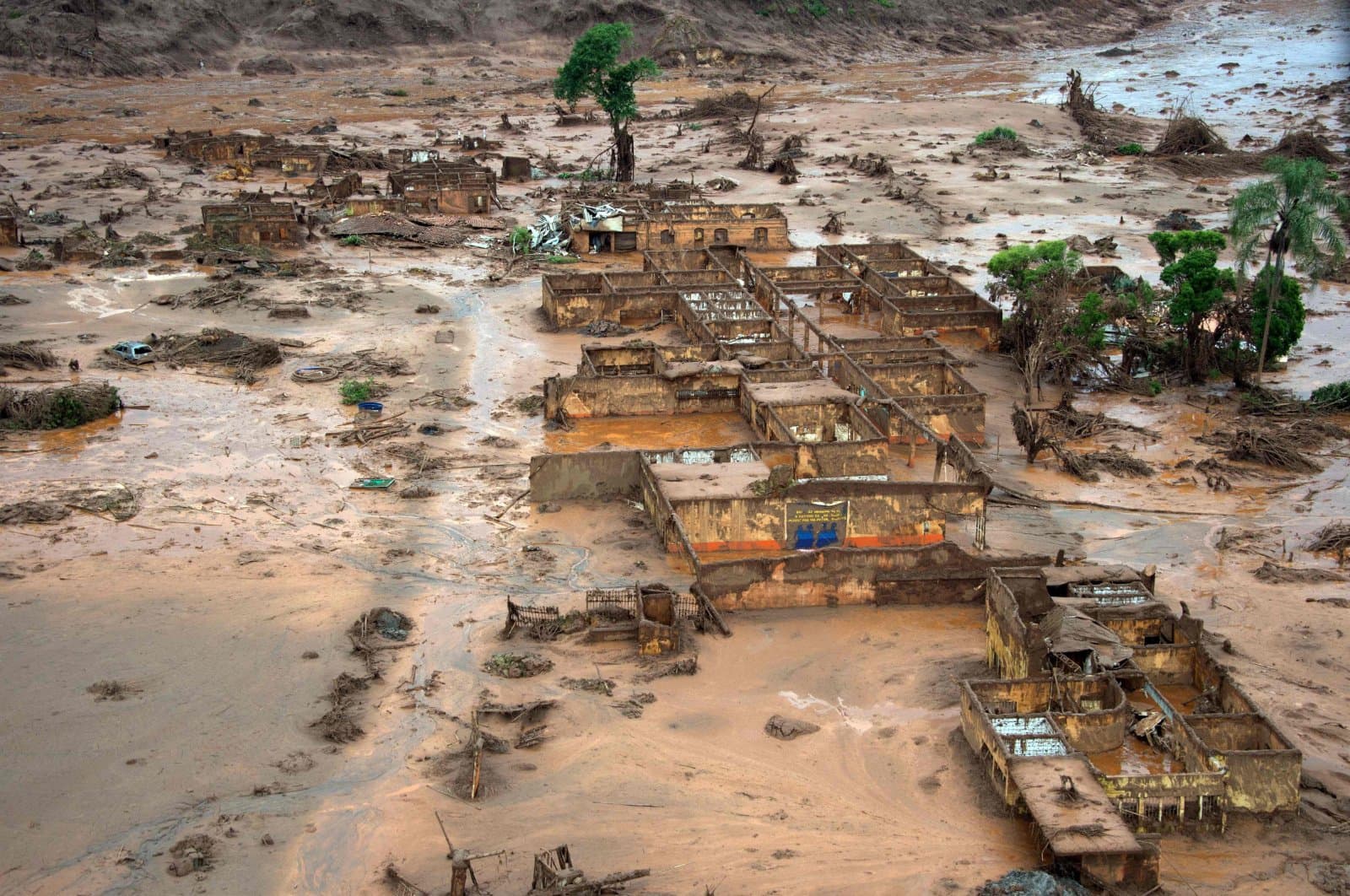We're loading the full news article for you. This includes the article content, images, author information, and related articles.
A landmark UK court ruling holding mining giant BHP liable for the catastrophic 2015 Brazilian dam collapse sets a powerful precedent for corporate accountability that could have significant implications for international mining operations in Kenya and East Africa.

On Friday, November 14, 2025, London's High Court delivered a historic judgment, finding global mining conglomerate BHP Group liable for the 2015 Fundão dam collapse in Mariana, Brazil—a disaster widely recognized as the nation's most severe environmental catastrophe. The ruling, delivered by Mrs Justice Finola O'Farrell, concluded a decade-long pursuit of justice for the victims and marks a pivotal moment in the global effort to hold multinational corporations accountable for environmental destruction. The collapse on November 5, 2015, unleashed approximately 40 million cubic metres of toxic iron ore tailings, obliterating the village of Bento Rodrigues, claiming 19 lives, and causing widespread devastation.
The Fundão dam, operated by Samarco, a joint venture co-owned by BHP and Brazilian mining firm Vale, failed catastrophically, releasing a torrent of toxic sludge that surged through communities and poisoned the entire 670-kilometer length of the Doce River before reaching the Atlantic Ocean. The environmental impact was staggering, destroying ecosystems, killing an estimated 14 tonnes of fish, and contaminating the water supply for hundreds of thousands of people. A United Nations report highlighted the presence of high levels of toxic heavy metals in the waste, with the scale of the damage equated to 20,000 Olympic-sized swimming pools of toxic mud. The social fabric of entire communities was torn apart, with hundreds left homeless and indigenous groups like the Krenak people, who revere the Doce River, suffering profound cultural and spiritual loss.
The class-action lawsuit, one of the largest in English legal history, was brought on behalf of over 600,000 claimants, including individuals, 32 Brazilian municipalities, businesses, and indigenous communities. The total value of the claim is estimated at up to £36 billion ($48 billion). The claimants' lawyers successfully argued for the trial to be held in London, as one of BHP's main legal entities was based in the UK at the time of the disaster. In her 222-page judgment, Justice O'Farrell stated that the risk of the dam's collapse was "foreseeable" and that there had been "obvious signs of contractive, saturated tailings and numerous incidents of seepage and cracking." The court found that the disaster "could have been averted" and held BHP strictly liable as a "polluter" under Brazilian environmental law due to its control and operation of Samarco.
BHP has announced its intention to appeal the ruling. The company has consistently argued that the UK legal action duplicates proceedings and compensation efforts in Brazil. Brandon Craig, BHP's Minerals Americas President, stated that approximately 240,000 claimants in the London case had already received compensation in Brazil and signed releases, which the company believes will significantly reduce the size and value of the claims. A second phase of the trial, scheduled to begin in October 2026, will determine the quantum of damages to be paid. In a separate but related legal action, Samarco's other parent company, Vale, is facing a lawsuit in the Netherlands brought by over 77,000 victims.
While the disaster occurred thousands of miles away, this ruling has profound relevance for Kenya and the broader East African region, where the extractive industries are expanding. The judgment sets a critical international precedent: parent companies of multinationals can be held liable in their home jurisdictions for the actions of their overseas subsidiaries. This pierces the corporate veil that has often shielded powerful firms from accountability for environmental and human rights abuses in host countries.
For Kenya, which has been actively seeking foreign investment in its mining sector under the Mining Act of 2016, this case serves as a powerful case study. It underscores the necessity of robust regulatory oversight, stringent environmental impact assessments, and clear legal frameworks for corporate liability. The ruling may empower local communities and civil society organizations in Kenya to demand greater transparency and accountability from international mining companies operating within their borders. It reinforces the principle that corporate responsibility is not confined by national borders, a vital consideration as Kenya balances the economic benefits of foreign investment with the constitutional duty to protect its environment and citizens. This landmark decision signals a shift in global legal norms, suggesting that corporations that fail to uphold their duty of care, wherever they operate, will increasingly be held to account.
Keep the conversation in one place—threads here stay linked to the story and in the forums.
Sign in to start a discussion
Start a conversation about this story and keep it linked here.
Other hot threads
E-sports and Gaming Community in Kenya
Active 9 months ago
The Role of Technology in Modern Agriculture (AgriTech)
Active 9 months ago
Popular Recreational Activities Across Counties
Active 9 months ago
Investing in Youth Sports Development Programs
Active 9 months ago